Publications
Articles, publications, books, tools and multimedia features from the U.S. Institute of Peace provide the latest news, analysis, research findings, practitioner guides and reports, all related to the conflict zones and issues that are at the center of the Institute’s work to prevent and reduce violent conflict.
Afghanistan’s Post-Tokyo Presidential Decree Both More and Less than Meets the Eye?
Afghanistan’s Presidential Decree of July 21 has been billed as an “anti-corruption decree,” setting forth the Afghan government’s concrete plans for fighting corruption. But even a cursory reading reveals the decree is about far more than just anti-corruption. In fact, it appears to be a detailed short-term work program for 32 government ministries and agencies, also including suggestions for actions by the National Assembly and the Supreme Court.
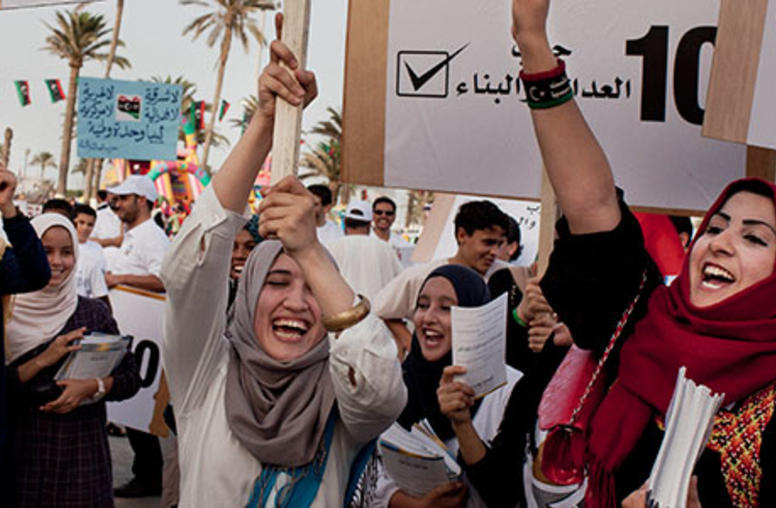
In Libya, Success May Be the Best Revenge
Photo Credit: The New York Times/ Tomas Munita
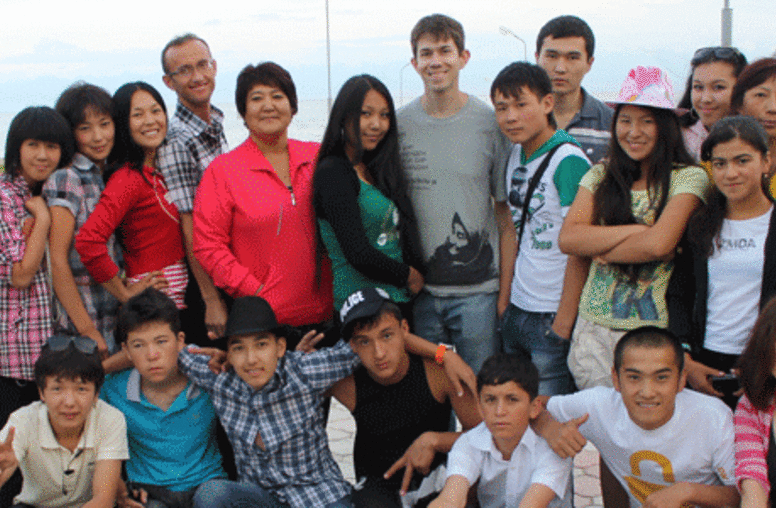
USIP Grants Supporting Conflict, Peacebuilding Projects in Kyrgyzstan
USIP awards two new grants to international groups that will work in Kyrgyzstan to help detect nascent conflicts and to bolster mediation and conflict resolution skills in the Central Asian nation.
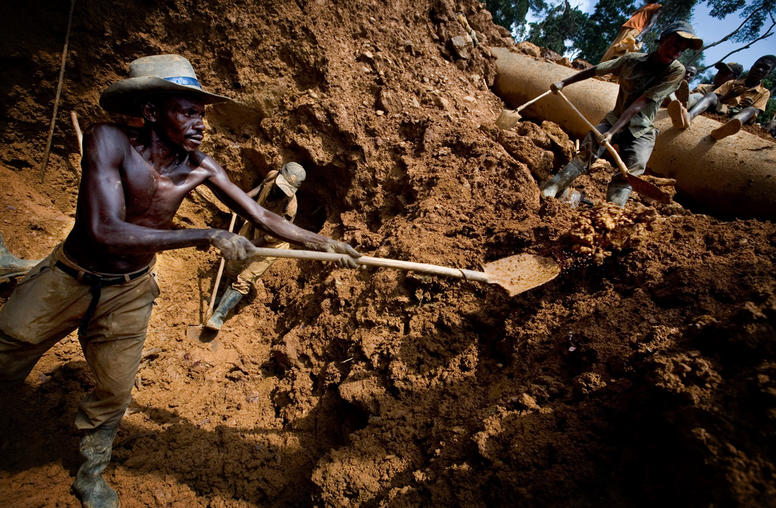
Instability in the DRC
USIP’s Raymond Gilpin and Brett Boor examine how conflict minerals are a symptom – and not the cause – of the continued instability in northeastern Democratic Republic of Congo (DRC).
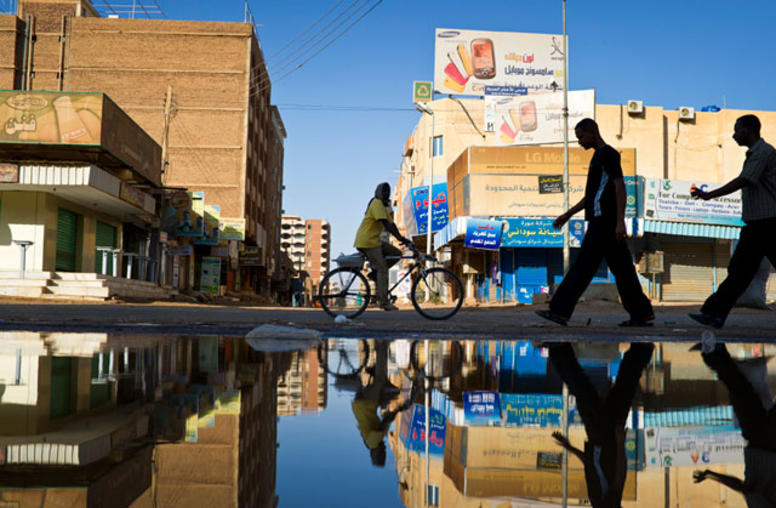
Assessing the Oil Deal between the Two Sudans
Photo Courtesy of NY Times
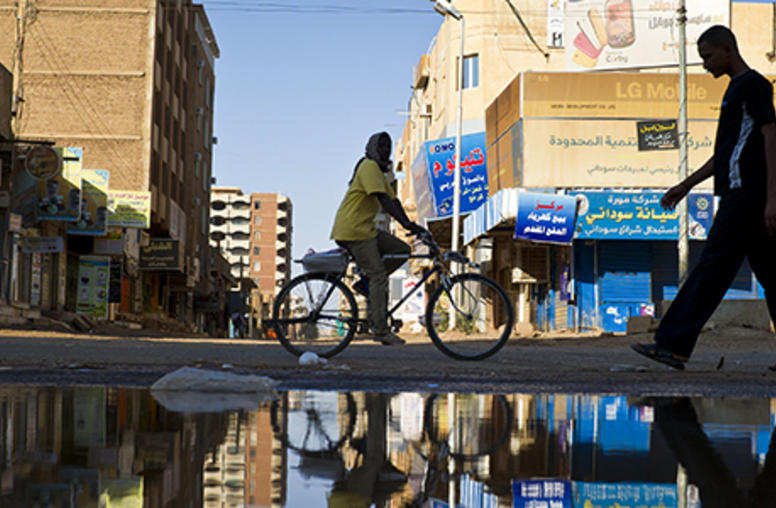
Sudan, South Sudan Strike Oil Deal
USIP's Sudan program director, Jon Temin, discusses the recent oil deal between Sudan and South Sudan.
Syria and "The Day After" Project
USIP's senior adviser for Middle East initiatives, Steven Heydemann, discusses “The Day After” project, a Syrian-led effort to plan for a post-Assad transition.
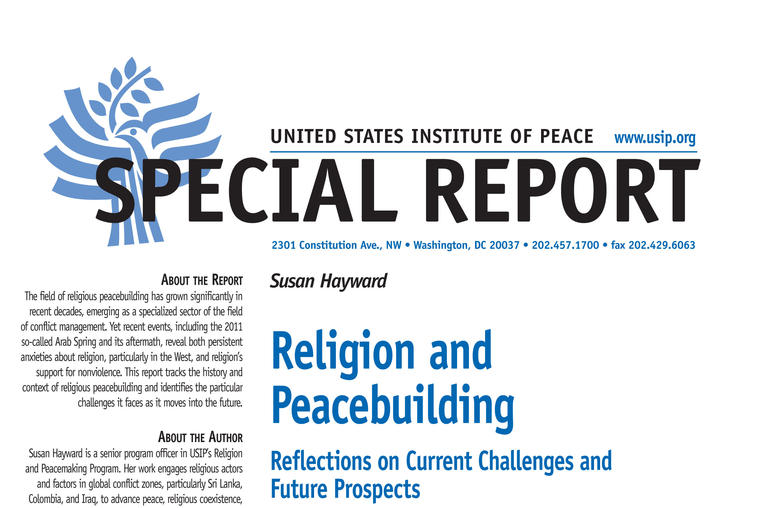
Religion and Peacebuilding
The maturing field of religious peacebuilding faces challenges in integrating with secular peacebuilding efforts, engaging women and youth, and working more effectively with non-Abrahamic religious traditions.
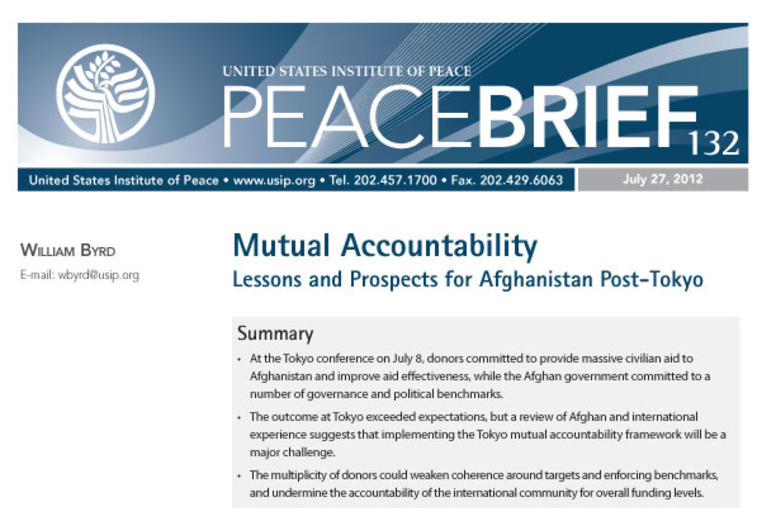
Mutual Accountability
This paper builds on remarks on mutual accountability at the July 18 U.S. Institute of Peace panel discussion “From Transition to the Transformation Decade: Afghanistan’s Economic and Governance Agenda after Tokyo” (second session on “Filling the trust gap—what does ‘mutual accountability’ mean, what are the first steps, what is the role of civil society?”). The views expressed in this brief do not necessarily reflect the views of the U.S. Institute of Peace, which does not take policy positi...
USIP Helping Start Policy Institute in South Sudan
The U.S. Institute of Peace (USIP) is providing start-up funding and advisory support for the Sudd Institute, a new, independent policy research organization based in the South Sudanese capital of Juba.